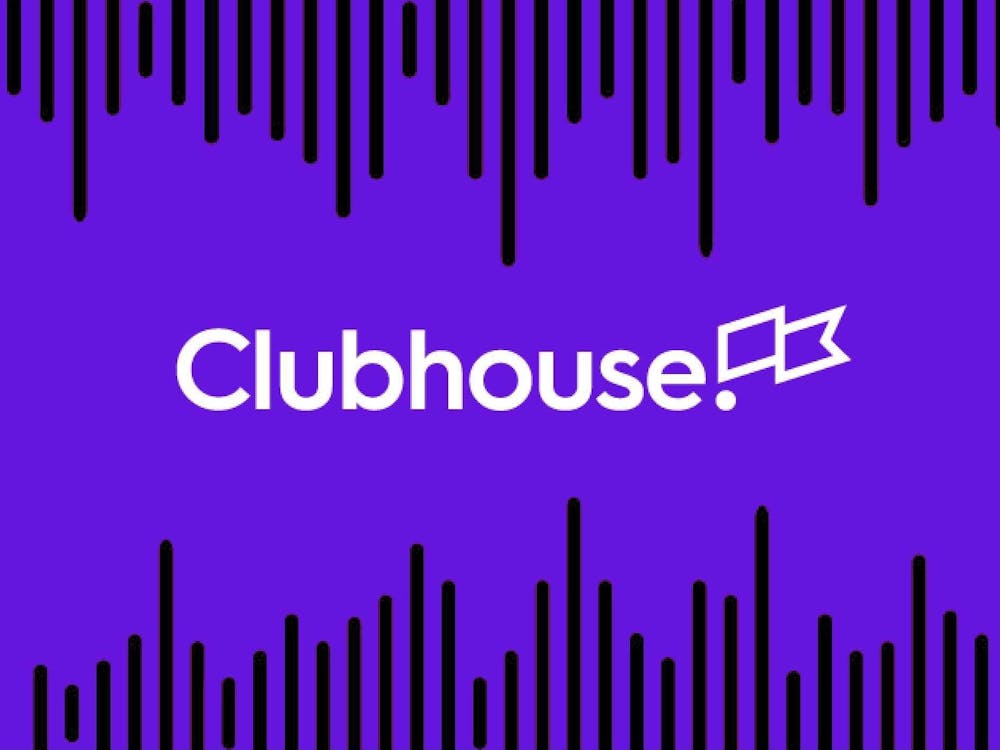There is something so incredibly attractive about exclusivity. Even for the nice people who care about inclusion and openness, nothing matches the sexiness of being part of a club that’s hard to get into. It’s why people apply to Ivy League schools, join sororities and fraternities, or beg for Raya friend passes. It doesn’t matter what kind of person you are, no one can resist the allure of being at least a little inaccessible.
That allure is exactly what a new app, Clubhouse, banks on. In order to join the audio–based app initially populated by the rich and famous, you have to be sent an invite from a current user or get bumped up to the top of the waitlist by them (anyone who has your phone number saved could get this prompt to bump you up).
In terms of what “audio–based” actually means, there’s no other way to communicate with another user. Clubhouse describes itself as “a new type of social network based on voice—where people around the world can come together to talk, listen and learn from each other in real–time.” A “room” can be started by any user and can be about any topic; some examples include sports, entertainment, faith, wellness, tech, identity, etc. The more popular that user is, the more people will join the room. Users can either actively participate in the conversation by “raising their hand,” after which they are permitted to unmute and speak—or they can sit back and listen. It’s basically like you’re raising your hand on Zoom before being permitted to unmute and ask a question.
Naturally, being attracted to the idea of orbiting around the insular world of celebrities and those adjacent to them, I signed up for the waitlist a couple of months ago. Right after the new year started, I got bumped up to the front by a friend who was already on. I was excited to step behind the red velvet rope and see what was going on in the VIP section of the App Store. Immediately I was greeted by well–known names to follow—Jared Leto, Ramy Youssef, Tiffany Haddish (who was recently embroiled in a Clubhouse bullying scandal), Diplo, 21 Savage, Ashton Kutcher, Meek Mill—and so many more.
The first room I joined was entitled “Virtual Dinner Party,” featuring the mayors of Miami, San Francisco, and Austin, Van Jones, and Gayle King, among others, discussing tech company–friendly cities. It was initially shocking (because of the many powerful, famous participants), later enlightening, and overall, very tame. In the days following, I joined rooms focused on helping women negotiate in the workplace, social media marketing, and parenting fails—but only because it was hosted by the TikTok–banned blogger–pariah known as Perez Hilton.
So far, it seemed pretty innocuous. Clubhouse seemed slightly reminiscent of LinkedIn in its mildly douchey emphasis on networking, but I knew there was more to it. Even though Clubhouse intends to be a platform for positive discourse, there’s no way it would stay all positive.
While hopping around rooms in hopes of pursuing some scandal, I heard a raspier–than–usual Tiffany Haddish lament not being able to talk on Clubhouse without her words getting twisted on Twitter. I stumbled into a large room debating (in a ridiculously sexist manner, I should add) whether women in relationships should be allowed to use sex toys. Another room about positive thinking in business was overtaken by a multi–millionaire—who claimed he wasn’t there to convert anyone—proclaiming that Scientology is the reason he no longer experiences negative thoughts. Another room seemed to be a place where people would connect in exchange for paid sexual favors.
My experience in witnessing questionable content and behavior on the app is no anomaly. Taylor Lorenz, a tech culture reporter for The New York Times, was harassed by a well–known venture capitalist (part of the Silicon Valley elite who was one of the original test pilots of the app before it expanded into a larger yet private beta phase). His name is Balaji Srinivasan, and he accused Lorenz of trying to ruin his personal life and career because of her reporting on the app. It's safe to say that him and his venture capitalist anti–media cronies on Clubhouse saw her as an easy target as a young female journalist.
These conversations seemed like a far cry from the post–modern utopian app Clubhouse branded itself as. Instead, they reinforced my original hunch: This app wasn’t just being used for enlightening, deep, and intellectual conversations among strangers. In reality, it’s also a platform that glamorizes wealth, fosters classism, racism, sexism, and bullying, and uses its invite–only structure to create a facade of exclusivity and therefore, quality. Even when there are high–quality conversations, it’s pretty hard to break in and actively participate when you don’t know the hosts personally and the audience is large.
Is Clubhouse all bad? Not at all. I don’t see QAnon conspiracy theories spreading (yet), and I’ve learned some things. But is it the douchiest place on the internet? Probably.

